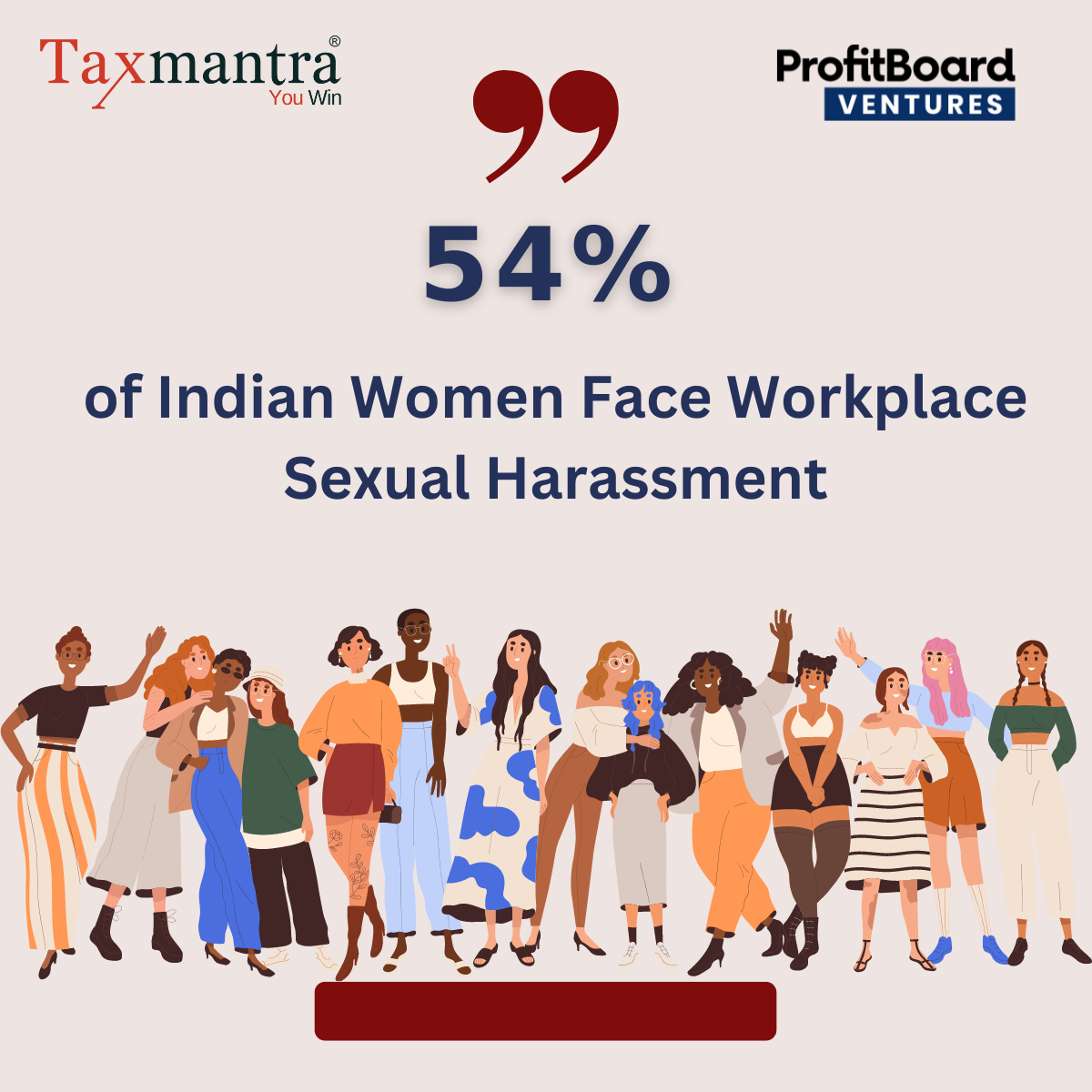As a responsible employer, you may wonder if you’re legally required to take preventive measures to prevent sexual harassment at the workplace.
Well, the answer is a resounding “Yes!” 📣
India’s Prevention of Sexual Harassment (POSH) Law mandates that employers take appropriate measures to prevent and address sexual harassment in the workplace.
Creating a safe and inclusive workplace environment is essential for all organizations, regardless of their size, industry, or location. A workplace where employees feel valued, respected, and safe can help boost morale, increase productivity, and reduce turnover. On the other hand, a workplace where employees feel unsafe, threatened, or excluded can lead to a negative work environment, poor employee morale, and a host of other negative consequences. Here are some tips on how to make your workplace a safe and inclusive place for everyone.
We recently did a comprehensive webinar on this – do check out here – Creating a Safe & Inclusive Workplace for Women | India’s POSH Law
- Establish clear policies and procedures: Clear policies and procedures are essential to prevent and address issues such as sexual harassment, discrimination, and bullying in the workplace. Establishing a code of conduct, reporting mechanisms, and consequences for unacceptable behavior can help create a culture of respect and accountability.
- Train employees: Educating employees about acceptable behavior and how to respond to incidents of harassment and discrimination is crucial. Training should cover what constitutes harassment, how to report incidents and the consequences of engaging in unacceptable behavior. Managers and supervisors should receive additional training on how to handle complaints and support employees who report incidents.
- Foster a culture of inclusion: A culture of inclusion is essential to creating a safe and welcoming workplace. Encourage diversity and respect for differences, provide equal opportunities for all employees, and celebrate cultural and religious events. Inclusion also means providing reasonable accommodations for employees with disabilities, such as flexible work arrangements, assistive technology, and accessible facilities.
- Encourage open communication: Encourage employees to speak up if they experience or witness unacceptable behavior. Establishing an open-door policy where employees can report incidents of harassment or discrimination without fear of retaliation is essential. Listen to employee concerns and take appropriate action to address them.
- Conduct regular assessments: Regular assessments of your workplace environment can help identify areas where improvements are needed. Use employee surveys or focus groups to gather feedback on the workplace culture and identify areas for improvement. Consider hiring an external consultant to conduct an independent assessment of your organization’s policies, procedures, and culture.
- Take swift action: If an incident of harassment or discrimination occurs, take swift action to address it. Investigate the incident promptly, provide support to the victim, and take appropriate disciplinary action against the perpetrator. Make it clear that unacceptable behavior will not be tolerated and that employees who engage in such behavior will face consequences.
- Lead by example: Finally, leaders in the organization should set an example of behavior that promotes respect and inclusion. They should model the behaviors they want to see in their employees, such as active listening, open communication, and respect for diversity. By setting an example, leaders can help create a workplace culture that values and respects all employees.
In conclusion, creating a safe and inclusive workplace environment requires a commitment from everyone in the organization. By establishing clear policies, providing training, fostering a culture of inclusion, encouraging open communication, conducting regular assessments, taking swift action when necessary, and leading by example, organizations can create a workplace where all employees feel valued, respected, and safe. Not only is this the right thing to do, but it can also benefit the organization in the long run by boosting employee morale, increasing productivity, and reducing turnover.
We recently did a comprehensive webinar on this – do check out here – Creating a Safe & Inclusive Workplace for Women | India’s POSH Law
How to Comply? Stay Rest Assured!
You don’t have to do everything by yourself. TMG is the answer to all your woes. You will have a Professional, who will be your advisor, and help you navigate these compliances.
In a nutshell, we will take care of your compliances – so you have more time to focus on your core business at hand.
Click Here To Book a call with us today!
 customersuccess@taxmantra.com
customersuccess@taxmantra.com Toll Free:
Toll Free:  Contact Us
Contact Us


